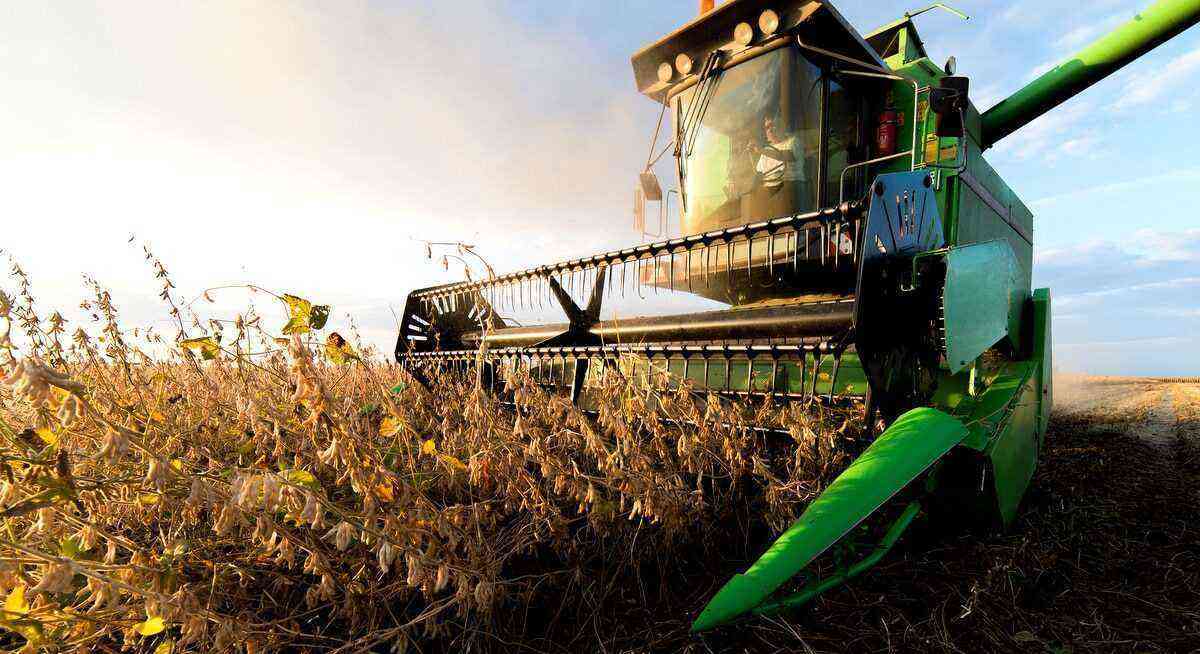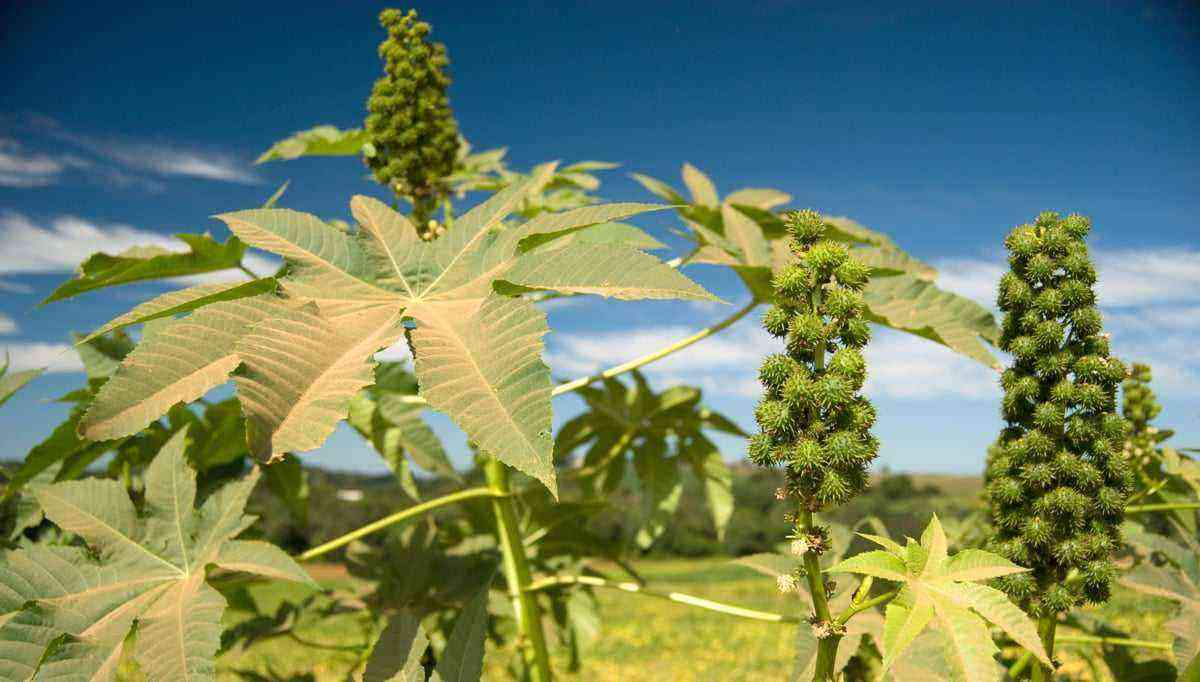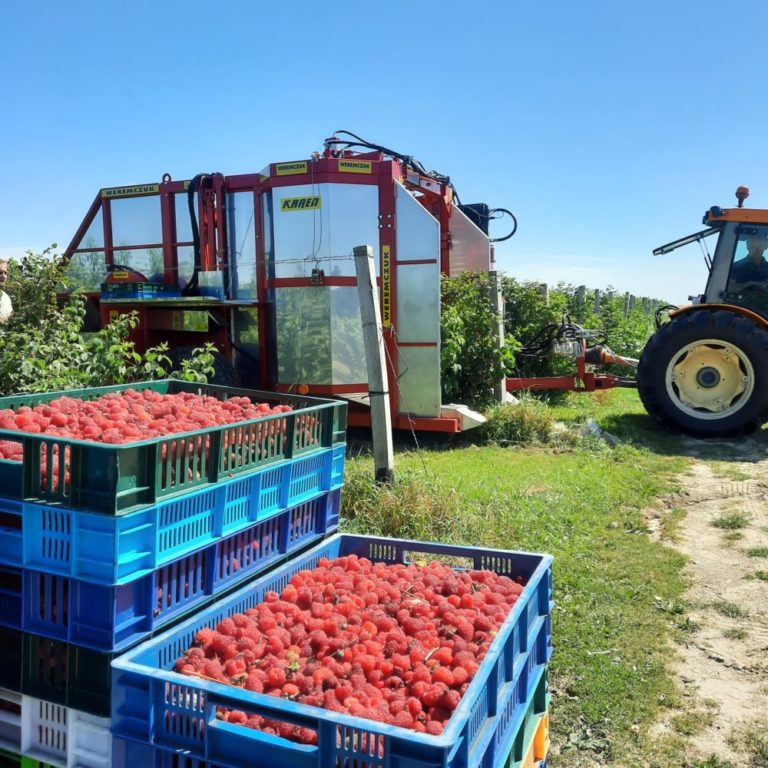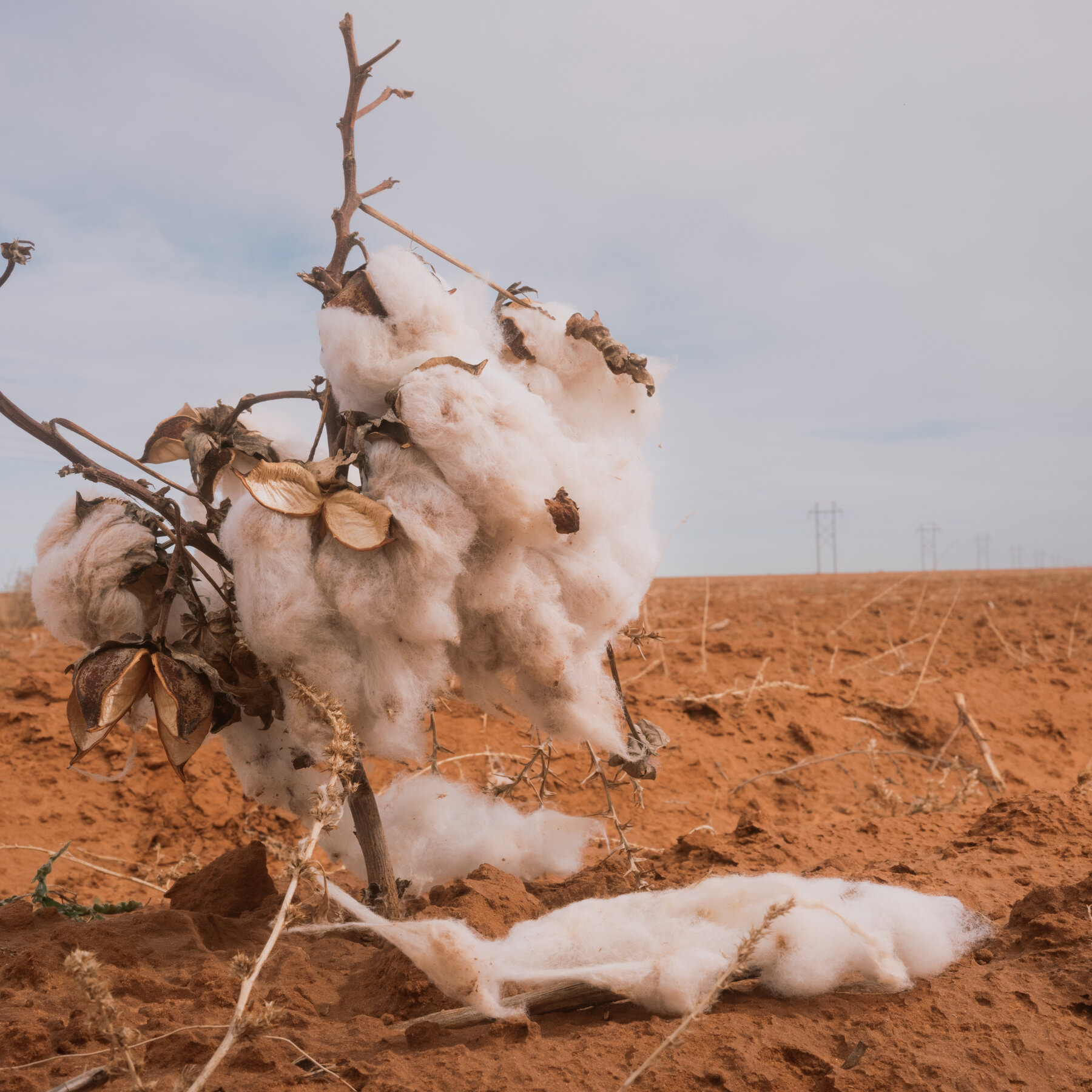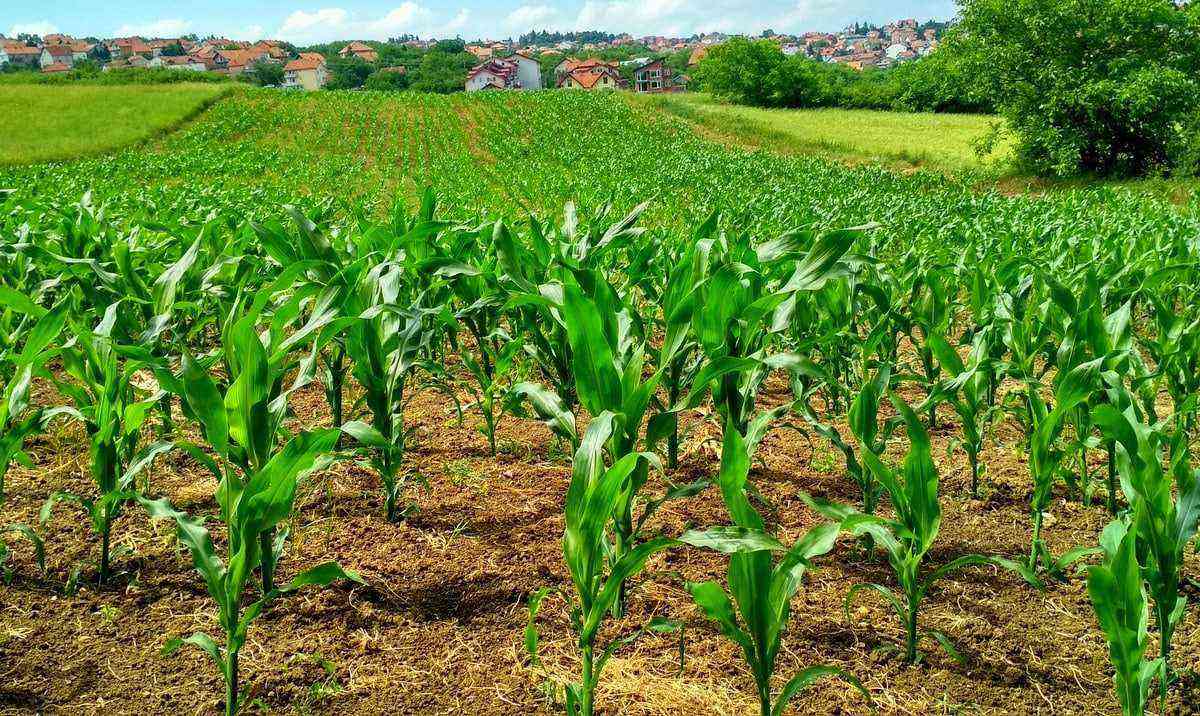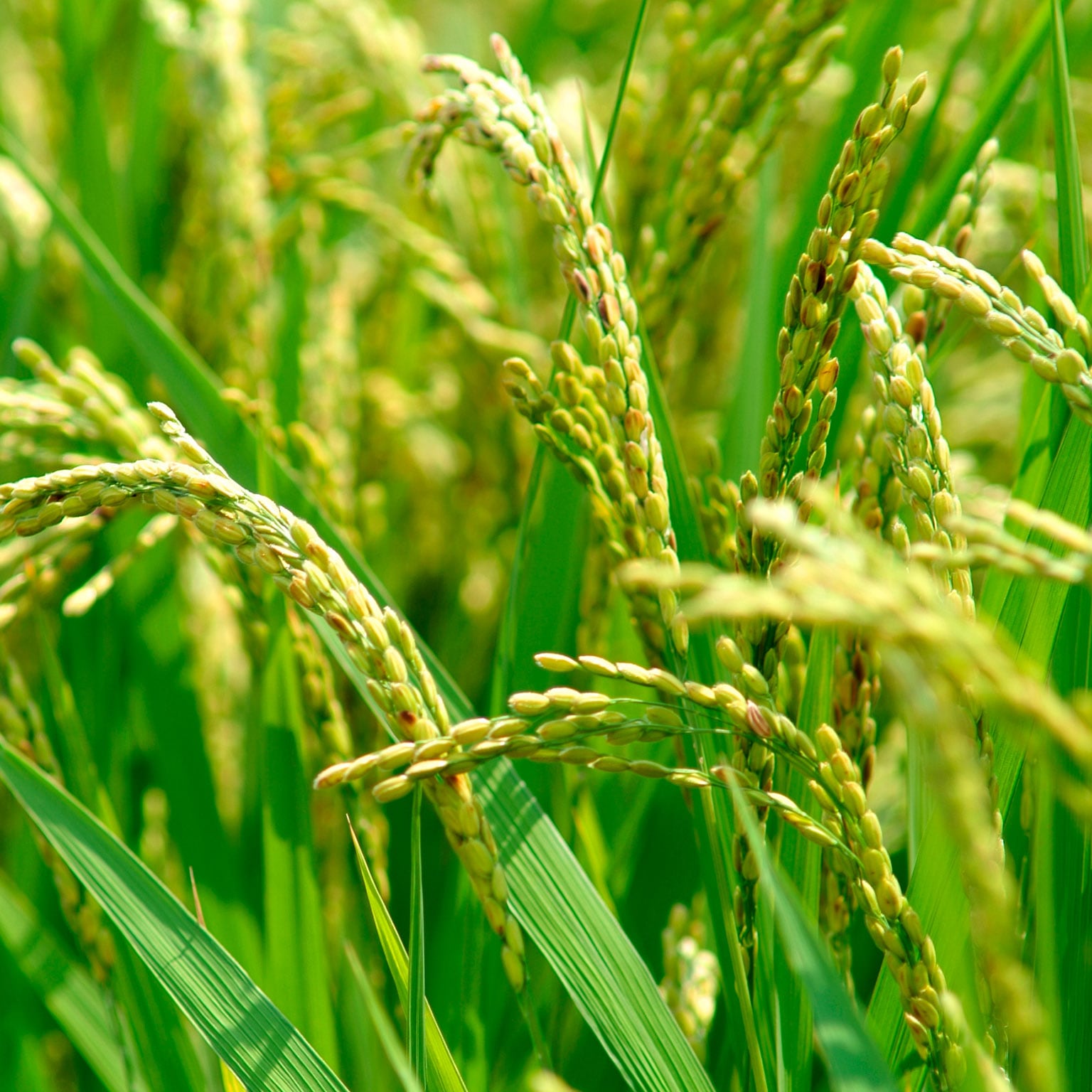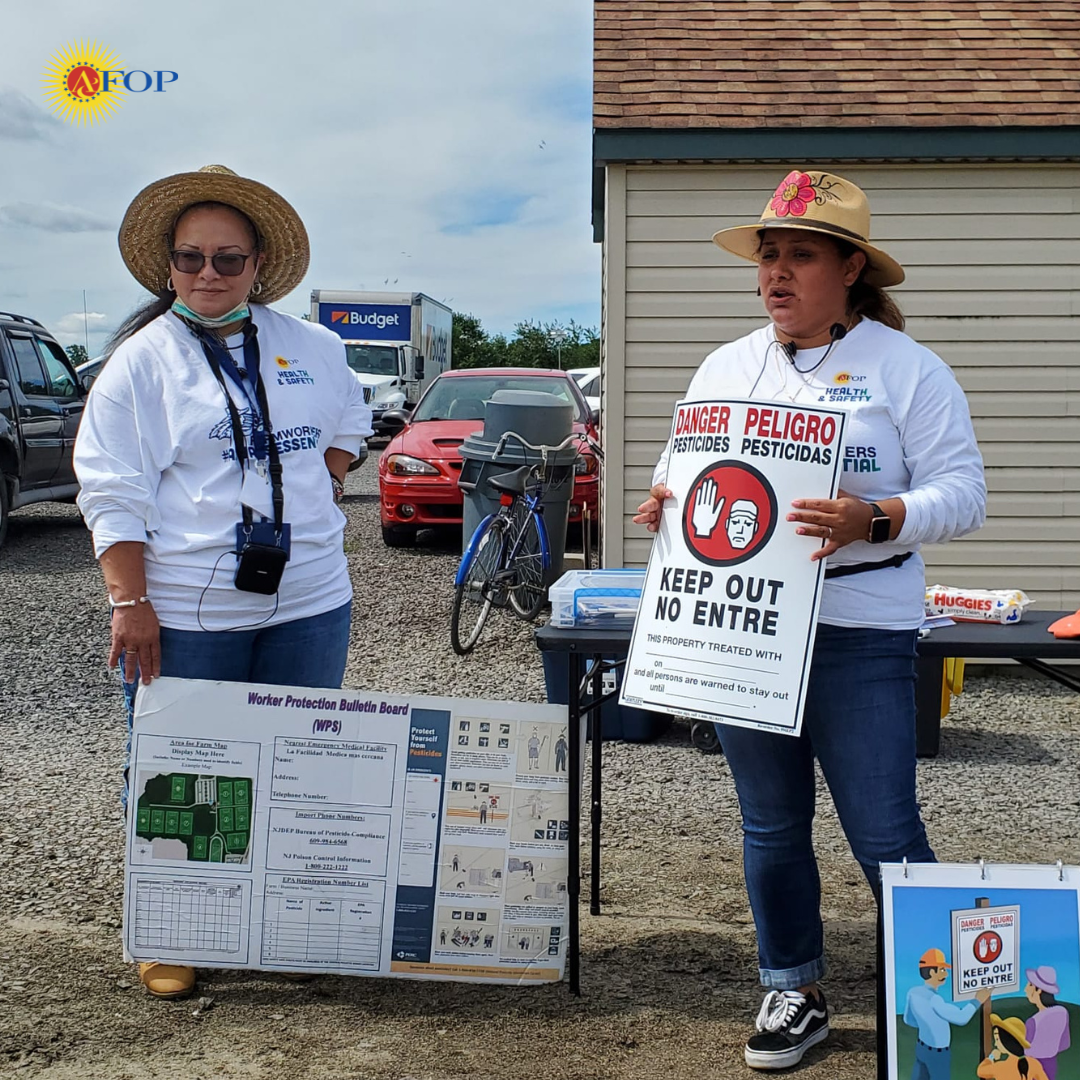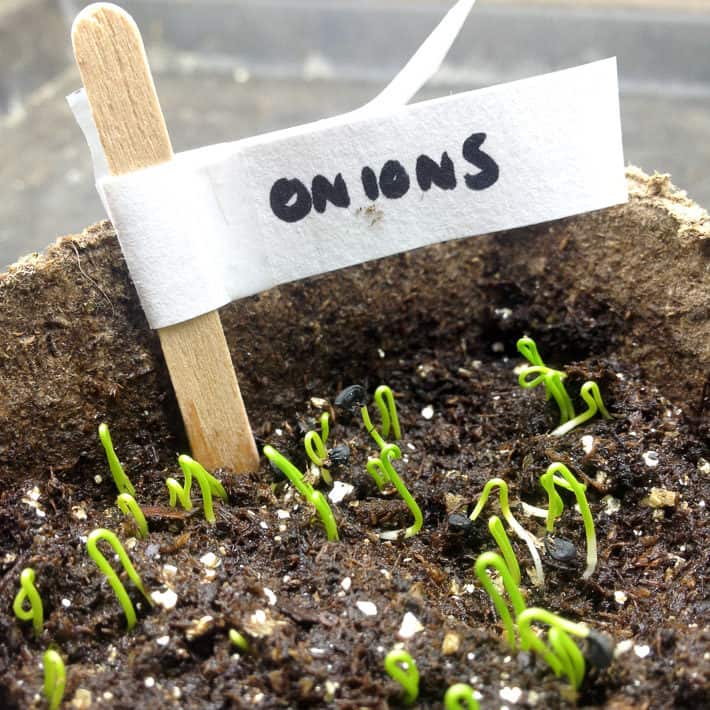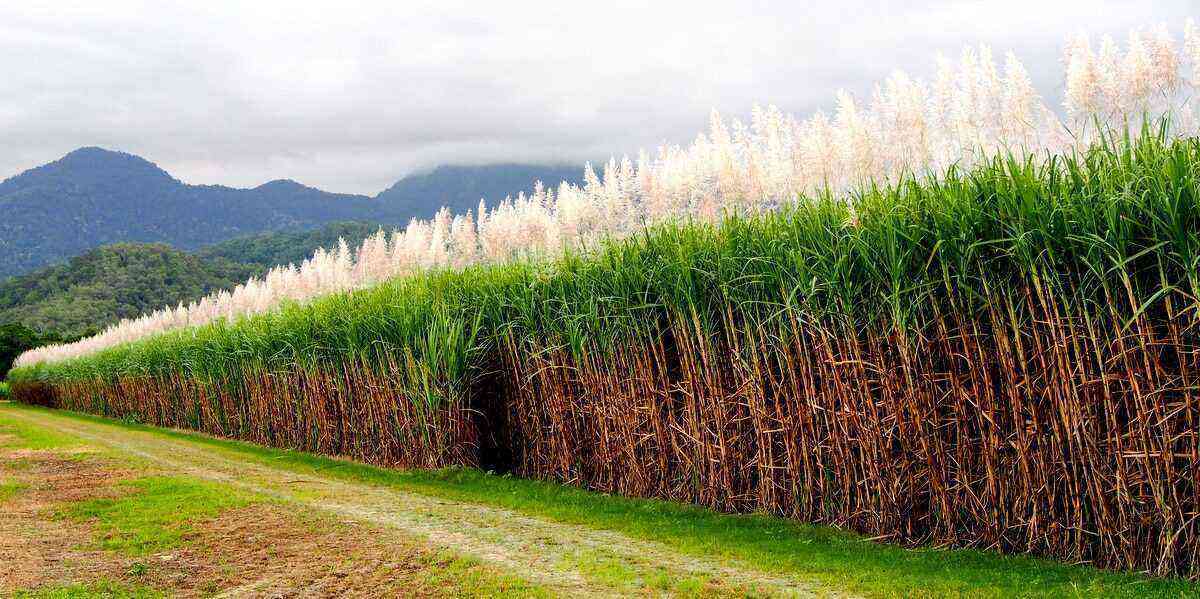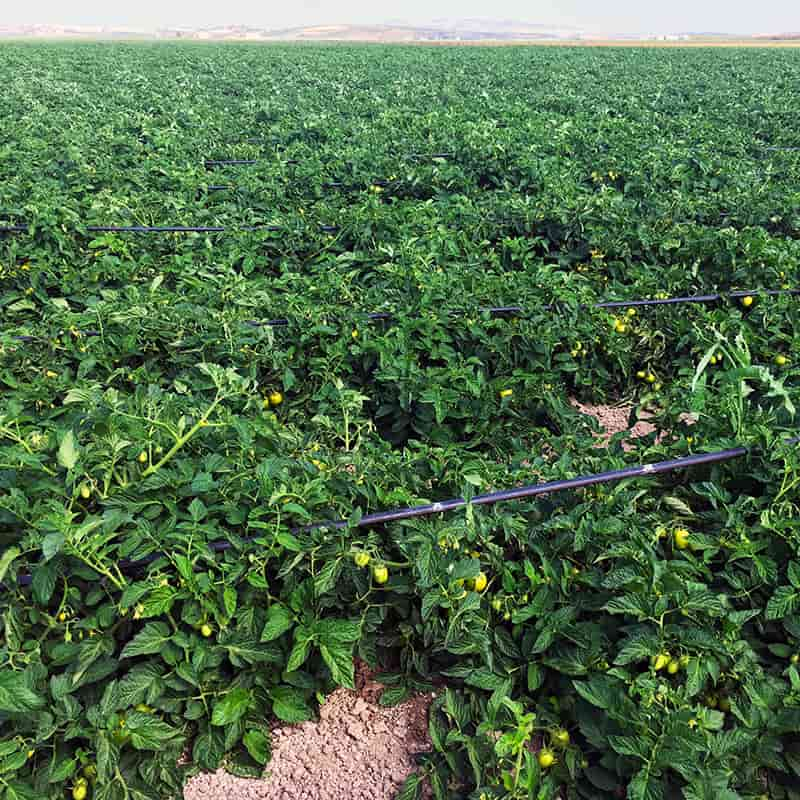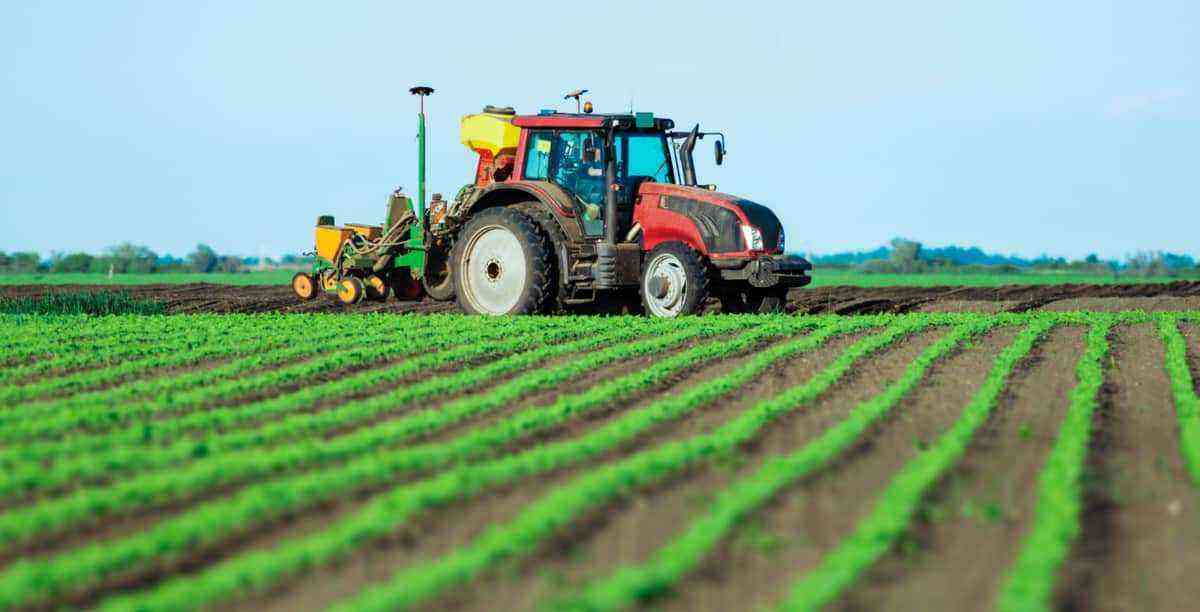Much has not been said about sustainability and the responsibility that each individual has. Many think immediately about the environment. Sustainability does have a connection with the environment, but it goes much further.
Being sustainable is being consciously engaged and providing well-being and consumption, without causing harm to this generation and compromising future generations. With this, we say that sustainability is divided into three pillars: economic, social and environmental.
Conscious consumers are those who reflect on their actions, who think about the planet, themselves and others in order to guarantee natural resources for the future. This does not mean that one should not consume, but consume less, or rather, consume what is necessary.
In Sustainability, think about purchasing planning
And how to do it? What attitudes did you take? Plan shopping. When buying, look for brands and companies that are transparent in their production processes and that invest in technologies to reduce environmental impacts, such as:
- As emission of GHGs (Greenhouse Gases) and use of water resources;
- Reduce the waste generated and dispose of it correctly;
- Support sustainable causes;
- Do not pollute;
- Make conscious use of water, among other actions.
It may seem simple, but it is necessary for everyone to engage so that the goals of preserving natural resources are achieved. But that depends on everyone’s participation.

In the case of agribusiness, sustainability occurs when production respects the environment.
When talking about the participation of society as a whole, we turn our gaze to service providers and products in general. The responsibility to offer products and services with a sustainable conscience.
A clear definition that translates in an understandable way the meaning of sustainable agriculture says that “it is one that respects the environment, is fair from a social point of view and manages to be economically viable. Agriculture, considered sustainable, must guarantee future generations the ability to meet production needs and quality of life on the planet”.
Being sustainable in agribusiness means increasing production, offering products that guarantee food safety, adopting responsible practices that respect the environment.
What are sustainable practices?
Speaking sustainable practices, are those that farmers adopt on their farms to take care of the land and the food that comes out of it, without forgetting that for a sustainable planet, global and collaborative actions to balance the aspects “social, economic and environmental” need to happen.
It is important to create mechanisms that involve a culture of sustainability in current agriculture. This will not erase the years of devastation, heavy consumption of pesticides, deforestation, pollution, damage already done.

Implementing solar energy on the farm is one of the ways to ensure Sustainability in Agribusiness.
However, it is important that we look ahead, take care of today with an eye on the future, adopting agricultural practices that meet production levels without causing more environmental devastation and ecological imbalance in agricultural areas.
Among the Good habits we can mention:
- Reduction in the use of chemical fertilizers;
- Use of techniques that avoid air, soil and water pollution;
- Use of rainwater harvesting systems for use in irrigation;
- Elimination of pesticides (when possible) or rational use when necessary, under no circumstances use illegal pesticides, as they contaminate the soil and put the health of consumers and handlers at risk;
- Respect for labor laws for field workers;
- Use of clean energy sources (biodiesel, biogas, ethanol, biomass, etc.);
- Do not deforest to expand agricultural areas;
- Avoid waste by using recycling techniques when possible.
- Correct disposal of waste.
Conclusion
These are some of the actions that reduce possible environmental impact and that, on the other hand, help to combat waste and with it the reduction of costs for the producer.
Practicing sustainability contributes to achieving better business results while ensuring a better quality of life on the planet for the present and for the future of future generations.
Also check out our article: Certification vs. Non-Conformity.
